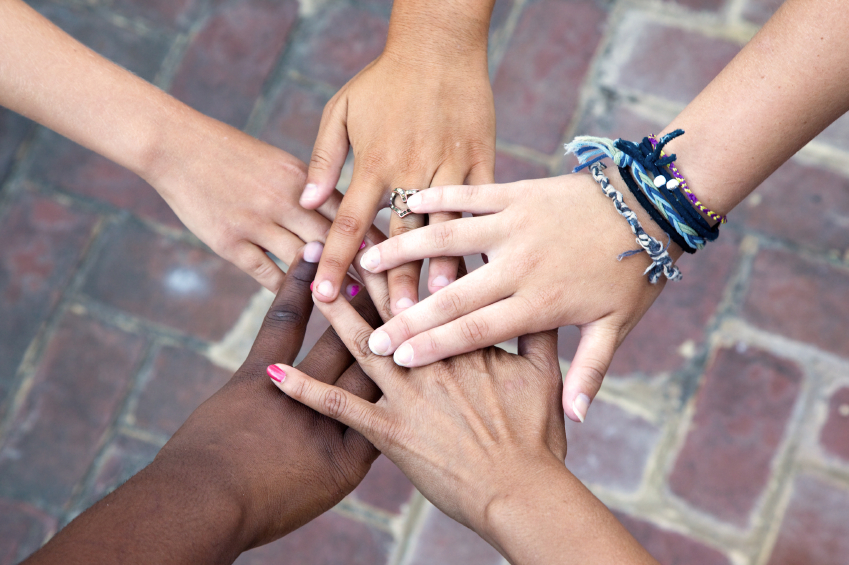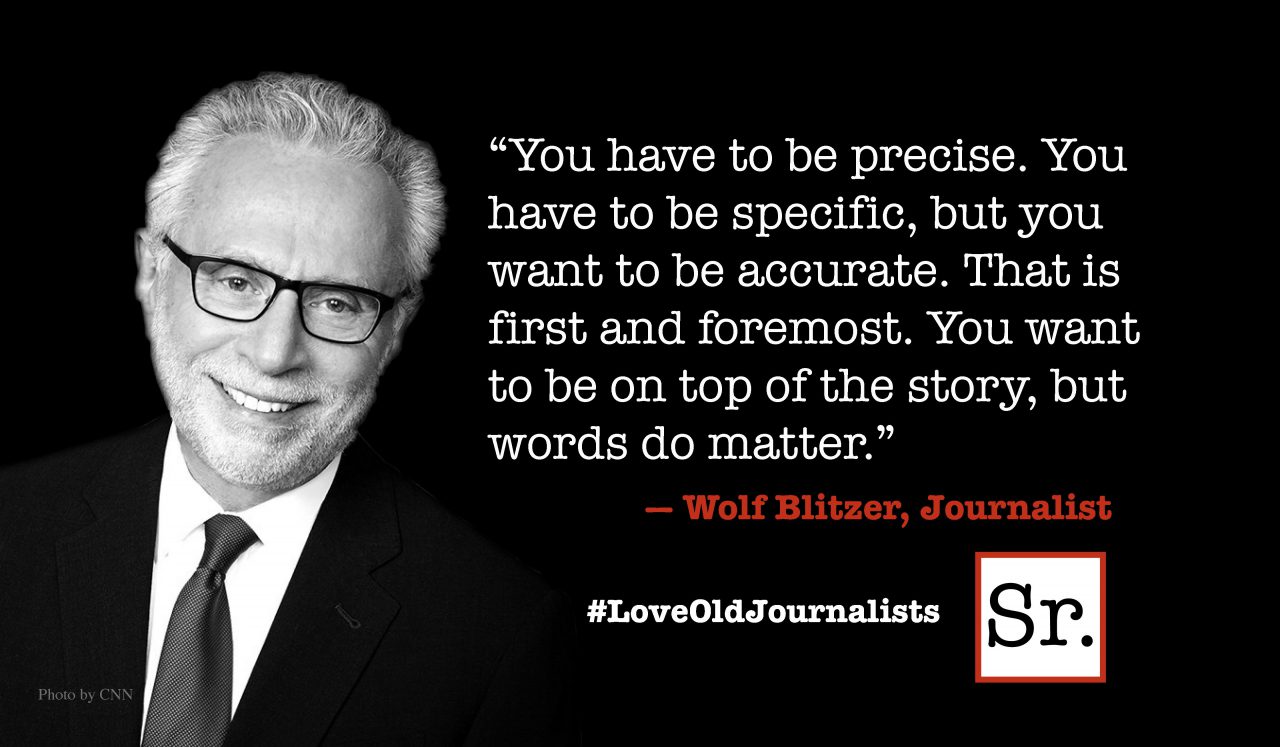I pray I live long enough to see the media's obsession with Ferguson, Missouri, give way to never-ending accounts of how local leaders, business owners, neighbors, churches, service groups and young people have come together to reclaim their community.
I envision a time when Ferguson shows us how to transform a series of extremely serious and sad circumstances into a region enriched by diversity. Where employers clamor to draw from the city's talent and work ethic. A time when we turn our collective attention to deep healing, systematically learning every single lesson Ferguson has to teach us.
As a proud Missourian, I admit to being hyper-sensitive to events in the Heartland. It's my home, and this is unfolding right in my backyard. It's personal. It is no longer possible to deny the worldwide impact of occurrences in an obscure village or a small St. Louis suburb.
This weighs on me. I also admit my reactions have been all over the place — from anger to hurt, to judging and worry, to question after question, including, "Didn't we resolve all of this in the 1960s?" and "How will the persisting unrest impact our local economy?" I am not proud of these selfish and superficial feelings.
My grappling, however, has led to a profound realization: I just don't get it. As a white female living and working in a rural area, I do not understand what it is like to be a black male in an urban area. I do not have a clue what it is like to be a police officer responding to calls to protect people and property while reacting to chaotic and threatening circumstances. I have never lost a child, and I cannot imagine how devastating that must be under any circumstance. I don't get it.
I have never been on a grand jury and had to digest massive amounts of information while the world obsessively debates the unfolding events. I've never made my living as a journalist, reporting in real time on those rapidly unfolding events and emotionally charged circumstances. I do not know what it is like to be a pastor, a social worker or a community leader providing support and leadership to members of a heartbroken community. I just don't get it.
I can only process all of this from my personal perch, filtered through my life experiences, socialization, education, opinions, viewpoints and, dare I say, prejudices. I may not have a clue about how it feels to walk in another's moccasins, but here's what I do get: Ferguson is not about me, my opinions nor my preferences. It's not about my concerns and considerations. It's not even about Ferguson. It is very much about we — we the people of this great country. Not just some of us, but every single one of us.
Our collective journey from me to we has been underway for decades. We are no longer independent actors on this planet. Like it or not, we are very much connected. As the planet grows ever smaller, our interdependencies increase exponentially and become more obvious. Seemingly unique problems and challenges in one locale translate into problems and challenges for all of us.
I am reminded of a tune from the non-violent movement of the '60s — "Let's Get Together" by The Youngbloods.
"Come on people now, smile on your brother. Everybody get together. Try to love one another. Right now." It sure couldn't hurt. I think I'll change my ringtone.









